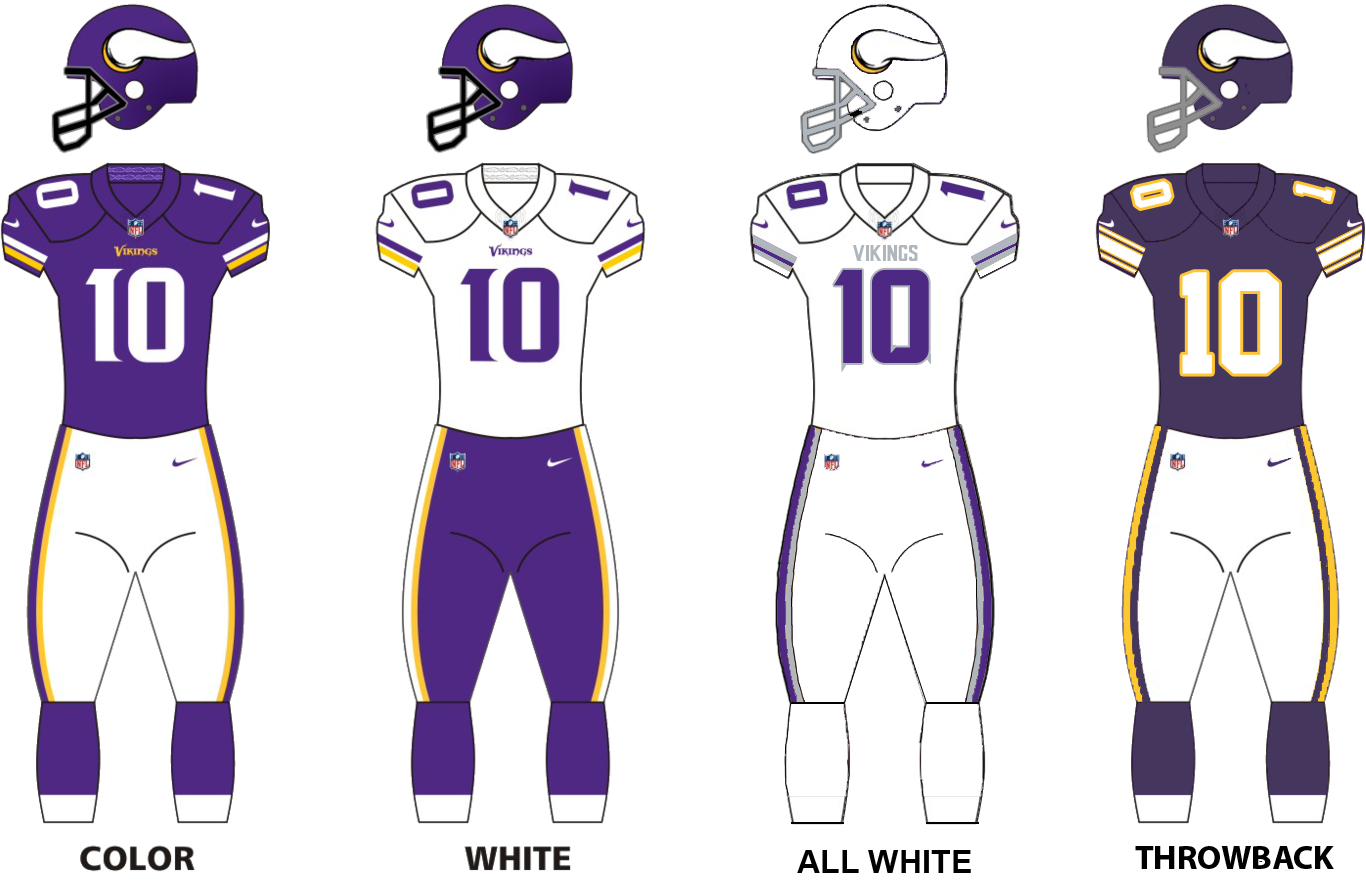Vikings Sign Wentz, Trade Howell
By Asmita - Aug 25, 2025
The Minnesota Vikings sign veteran quarterback Carson Wentz, trading young QB Sam Howell to the Eagles, emphasizing experience and stability at the position. Wentz brings playoff experience and a steady hand to the Vikings, while Howell offers the Eagles long-term potential and depth. The move reflects the teams' strategies: Vikings prioritize dependable play, Eagles invest in young talent for future sustainability.

Harrisonkrank via Wikimedia commons
The Minnesota Vikings made headlines with a significant quarterback shake-up, signing veteran signal-caller ,[object Object], while simultaneously trading young quarterback ,[object Object], to the ,[object Object],. The move highlights Minnesota’s desire for experience under center while also creating an intriguing reunion for Howell, who heads back to the team that originally drafted him. This dual transaction signals the Vikings’ commitment to fortifying their depth chart and maintaining stability at a position that has been in flux following injuries and inconsistent performances over recent seasons. By bringing in Wentz, the Vikings secure a former No. 2 overall pick with playoff experience, while Howell finds himself joining an Eagles squad eager to add insurance behind their starter.
Wentz’s arrival in Minnesota offers the club a strong-armed veteran capable of reading defenses and pushing the ball downfield. His career has been defined by both tantalizing flashes of MVP-caliber play and stretches of inconsistency, but for the Vikings, he represents a steady hand compared to a younger developing player. Minnesota’s front office has emphasized the importance of reliable quarterback play during a competitive window, and Wentz’s background with multiple franchises makes him ready for a plug-and-play leadership role. At 32, Wentz no longer carries the franchise-savior expectations of his early Philadelphia days, but his veteran poise, locker room presence, and willingness to adapt to different offensive systems make him an appealing fit for a Vikings team looking to stay competitive in a tough NFC North.
For the Eagles, reacquiring Howell is a move centered on long-term flexibility and depth. Philadelphia already boasts an established starter but understands the importance of grooming young, cost-controlled talent at the quarterback position. Howell, who showed both promise and rough edges during his time with Washington and later in Minnesota, brings a blend of mobility and accuracy that could develop further under the Eagles’ coaching staff. At just 24 years old, Howell aligns with the franchise’s preference for building a strong quarterback room that not only insulates against injury but also cultivates potential trade value down the road. His return to Philadelphia also offers him a fresh developmental arc away from the immediate demands of being a starter.
The trade also underscores the business side of quarterback evaluation in today’s NFL. Teams are willing to shuffle talent based on present competitive needs, future potential, and contract structures. The Vikings’ pivot to Wentz signals a win-now mentality as they look to steady their offense with a seasoned leader, while the Eagles’ decision to take on Howell’s upside demonstrates their strategy of planning for sustainability. Both franchises emerge with distinct objectives—one prioritizing dependable experience and the other investing in youth with potential value growth in future seasons.


